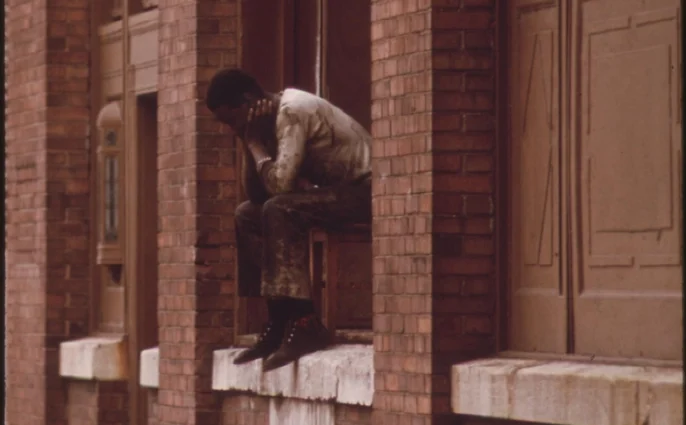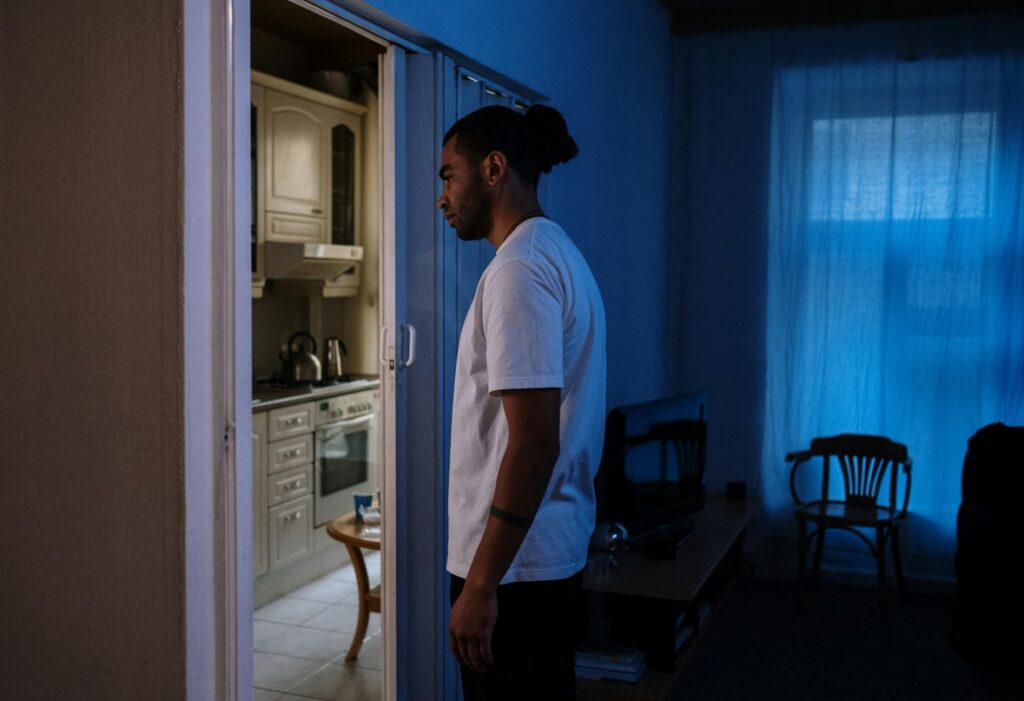Introduction: A Choice They Don’t Understand
The world has a simple script for men in the wake of betrayal. When all the “cheating wife stories” come to light, the expectation is clear: get angry, get out, and never look back. To stay is to be weak. Or are you a doormat. Maybe you lack self-respect.
But what if that script is wrong?
What if the men who stay, not from a place of fear, but from a place of clarity, are exercising a deeper, more strategic form of strength? This does not mean that they are condoning the betrayal. there is an understanding that the most masculine response isn’t always the most reactive one. Sometimes, the strongest thing a man can do is make a calm, calculated decision for himself and his family, on his own terms.
If you’re reading this after living your own version of these events, know this: your story is more complex than any headline or piece of advice from a friend who hasn’t walked in your shoes. Let’s break down the judgment and look at the real, often unspoken, reasons a man might choose to stay.
1. The Instant Judgment: Society’s Script vs. Your Reality
The moment others hear your story, you become a character in their drama. They project their own fears, insecurities, and ego onto your situation. “I’d never stand for that,” they say, puffing out their chests from the safety of their intact relationships.
This judgment ignores a fundamental truth: Your life is not their metaphor.
Your marriage is not a symbol of masculinity for others to debate. It is a complex structure you built, a home, a family, a shared history, intertwined finances. The decision to repair that structure or demolish it isn’t simple. Dismissing the choice to stay as pure weakness is a shallow view that ignores the immense strength required to face complexity head-on, rather than running from it.
2. The Financial Realities: Strategic Thinking, Not Surrender
Let’s talk plainly about money. It’s not a shallow concern; it’s the foundation of security and freedom.
A divorce can be financial suicide. If it’s not splitting assets, it’s about the brutal cost of litigation, the potential for alimony, the loss of a home, and funding two separate households on the same combined income that once funded one. For a man who has spent decades building a business, saving for retirement, or securing a stable future for his children, walking away can mean wiping out all of that overnight.
Choosing to stay can be a strategic pause. It’s a chance to:
- Consult with a lawyer quietly and understand your full financial landscape.
- Protect your business and assets before any legal proceedings begin.
- Create a new financial plan that ensures your security and that of your children, whether you ultimately stay or go.
This isn’t about money over happiness. It’s about ensuring that if you do leave, you don’t leave destitute. It’s the difference between a tactical retreat and a bloody, costly rout.
3. The Father’s Duty: Shielding Children from the Fallout
This is often the heaviest weight a man carries. The instinct to protect your children from pain and chaos is primal. While the common advice is that “children are better off with happy, separated parents,” the reality of the transition is often traumatic.
Staying, even temporarily, can be a decision to manage that transition with care, not cowardice. It’s about:
- Providing stability during the initial emotional earthquake.
- Shielding them from adult problems they are too young to understand.
- Creating a unified front with your wife (however strained) to reassure them they are still loved and safe.
- Buying time to plan a co-parenting strategy that puts their needs first, rather than exploding the family in a fit of rage.
Choosing your children’s daily well-being over the abstract concept of “winning” the breakup is not weakness. It is the essence of a father’s sacrifice.
4. Weak vs. Wise: Finding Masculine Wisdom in the Crisis
Our culture confuses reaction with strength. The angry, impulsive outburst is seen as masculine. But true masculinity is rooted in sovereignty, a command over your own emotions and actions.
- Weakness is staying because you are terrified of being alone.
- Wisdom is staying because you are strategically assessing the best path forward.
- Weakness is staying to people-please and avoid social judgment.
- Wisdom is staying while openly not caring about the judgment of others.
- Weakness is begging for her love back.
- Wisdom is setting clear boundaries and requirements for whether the relationship can even be fixed.
The wise man knows his own mind. He acts instead of reacts. He makes a choice, rather than simply following the expected path.
5. The Bigger Picture: Cultural and Family Pressures
For some men, the decision isn’t just between two people. There are larger circles to consider. Cultural, religious, or tight-knit family expectations can create immense pressure to reconcile. This isn’t necessarily about fear; it can be about a deep respect for a community that has supported you your whole life.
Navigating this respectfully, while also honoring your own needs, requires a level of nuance and patience that the “just leave” crowd will never understand. It’s about balancing your personal well-being with your place in a larger ecosystem.
6. Self-Preservation vs. Martyrdom: The Right and Wrong Reasons to Stay
It is crucial to draw the line between a strategic hold and a toxic situation. Staying is only wise if it is an active choice, not a life sentence to misery.
You are practicing self-preservation if you:
- Are setting clear boundaries and expectations.
- Are prioritizing your mental and physical health.
- Are making a plan for your future, regardless of the outcome of the marriage.
- Feel you are making a choice from a place of power, however quiet that power may be.
You are slipping into martyrdom if you:
- Are staying solely out of a fear of being alone.
- Have completely abandoned your self-respect and allow further disrespect.
- Are using your stay as a weapon to guilt your partner.
- Feel like a victim with no agency or plan.
Check in with yourself constantly. Is this move part of a larger strategy for your life? Or is it a surrender?
Conclusion: Your Terms, Your Timeline, Your Strength
The narrative around all the “cheating wife stories” is designed to be simple. Good guys leave. Bad guys stay. But life in the real world is painted in shades of grey.
Your decision to stay after betrayal is not a final verdict on your manhood. It is a single move in a much larger game. The true measure of your strength isn’t in the initial reaction, but in the clarity of your purpose moving forward.
Are you making choices from a place of fear, or from a place of strategic intent? Are you acting to protect what truly matters to you, your children, your life’s work, your own future well-being?
Stay if you must, but stay on your terms.
Leave if you will, but leave with a plan.
Reclaim your agency. Redefine your strength. Ignore the noise and build the life that makes sense for you, one calculated step at a time. Your story is yours to write, not society’s to script.


